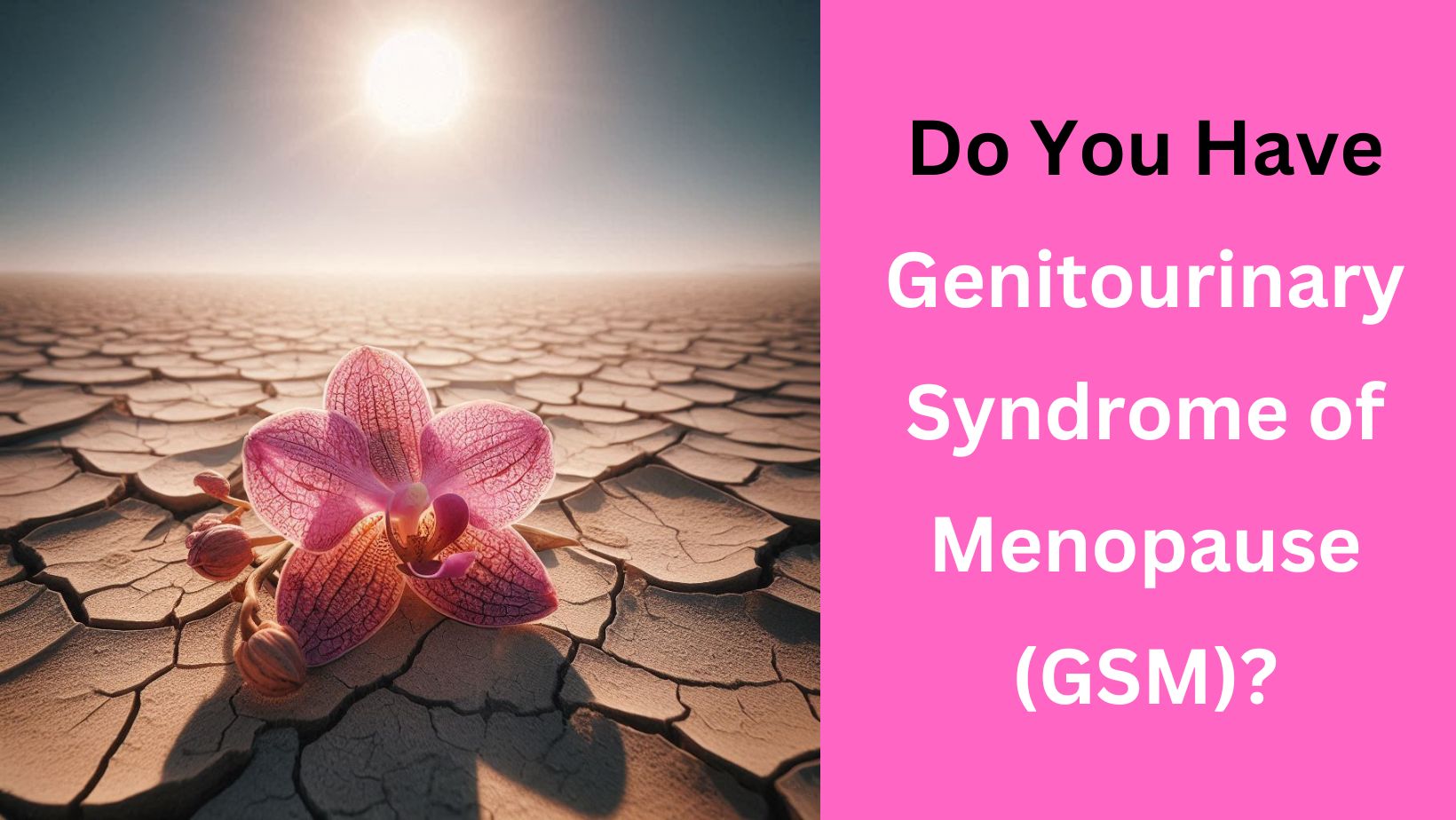Hey there! Let’s talk about something that many women experience but don’t always feel comfortable discussing: Genitourinary Syndrome of Menopause (GSM). It sounds pretty technical, doesn’t it? But understanding it can make a huge difference in managing its symptoms and improving quality of life, so let’s break it down together.
So, what exactly is Genitourinary Syndrome? It’s a fancy term that refers to a collection of symptoms affecting the genital and urinary systems, which are primarily caused by a decrease in estrogen levels typically during menopause. While it might not be the hottest topic at brunch, it’s a common condition, affecting up to 50% of postmenopausal women. You heard that right – half of all women going through menopause might be silently battling this syndrome!
The most common symptoms of GSM include vaginal dryness, burning, irritation, and painful intercourse. Additionally, some women might experience urinary symptoms like urgency, painful urination, and recurrent urinary tract infections. Doesn’t sound very pleasant, does it? But talking about it is the first step toward finding relief.
Now you might be wondering – what age does this typically begin? GSM usually kicks in around menopause, which for most women begins between the ages of 45 and 55. It’s all linked to that drop in estrogen levels I mentioned earlier.
Let’s now move on to prevention and potential treatments. Can GSM be prevented or reversed? While you cannot completely prevent the hormonal changes that come with menopause, you can definitely manage the symptoms. Regular pelvic exercises, maintaining a healthy weight, and quitting smoking can help alleviate some of the symptoms. Hydrating well and using vaginal moisturizers can also offer relief.
Speaking of treatment options, they mostly aim to alleviate symptoms, since reversing the condition completely isn’t currently possible. Hormonal treatments, including local estrogen therapy (like creams or rings), can be effective but they aren’t suitable for everyone. For those looking for non-hormonal options, over-the-counter vaginal moisturizers and lubricants are a fabulous choice. They help maintain moisture and make everything down there a bit more comfortable.
Enter the Wet Orchid line of vaginal moisturizers – specially designed to bring comfort and relief. These products are formulated with care to help you maintain a healthy, happy down-there environment, significantly easing symptoms of GSM.
So, if you’ve been nodding along and thinking, “this sounds all too familiar,” why not give Wet Orchid a try? Head over to our shop and check out our range of products designed to make your journey through menopause a little bit smoother. Remember, you’re not alone in this, and a little bit of the right product can go a long way in providing relief. Here’s to happier, healthier you!
Join our Private Facebook Group!
Click here to join the Menopause and Intimate Health discussion!
Reasons to join:
- Focus is on menopause and it’s relation to sexual health
- Women only allowed.
- Anonymous questions allowed – safe space to ask questions you are too embarrassed to ask
- Tips and information about vaginal atrophy and how to treat as well as prevent it
- Tips on how to naturally increase libido including using exercises, Kegel devices, heat and other ways to increase circulation in your pelvic area.
- Benefits to continue working on your intimate health including cardiovascular improvements, emotional and mental well being, as well as bond strengthening.
- Help with improving communication with partners so they can better understand what you are experiencing.
- Info on when to see a doctor and when to see a coach
- Get an assessment of your specific symptoms and how best to treat them.
- Weekly video sessions with Q&A

